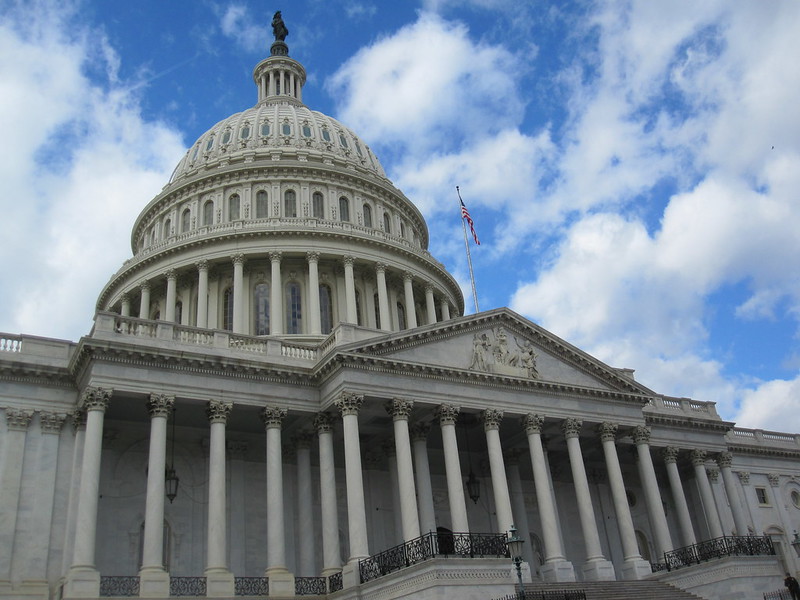
As the U.S. continues to recover from the economic damage caused by the Coronavirus pandemic, we need policies that encourage investment and job growth.
In addition to short term measures to stabilize the economy, the pandemic has exposed the need to rethink US supply chains over the medium and long-term so that we are not overly dependent on any one country. One of the best ways to achieve this is to ensure that we have appropriate policies to encourage research and development (R&D) in America.
Representatives Ron Estes (R-KS) and John Larson (D-Conn) have introduced H.R. 4549, the American Innovation and Competitiveness Act, which would make R&D expensing permanent to encourage more U.S. investment. This proposal should be included in future legislation to help the economy recover from the Coronavirus.
The Tax Cuts and Jobs Act passed by Congressional Republicans and signed by President Trump contained numerous pro-growth provisions including allowing businesses to immediately deduct the cost of new investments.
However, because of arcane Senate procedure and the refusal of Democrats to support the tax cuts, many provisions were given an expiration date, including immediate R&D expensing which expires at the end of 2021.
Starting 2022, businesses will be required to amortize domestic R&D spending over 5 years and amortize foreign R&D over 15 years. This is the wrong tax policy, will harm workers and businesses, and will make America even more uncompetitive.
Immediate expensing is the right tax policy
Allowing businesses to immediately deduct the cost of all new investments – including R&D — is the right tax policy.
It gives businesses the equivalent of a zero percent rate on new investments, which means more money for businesses to create jobs and increase pay. It also creates an incentive to increase capital investment, which leads to stronger economic growth, more jobs, and higher wages.
Expensing for all types of assets simplifies the tax code by equalizing the tax treatment of new investments with other business expenses such as wages, rent, and healthcare costs.
However, if amortization of R&D goes into effect in 2022, R&D spending will be disadvantaged relative to other types of business spending, creating a disincentive to make these investments.
R&D amortization will harm American workers
Jobs tied to R&D are quality, high paying jobs. In 2017, the average wage for R&D related jobs was $134,978 – 2.4 times higher than the average wage, according to the Bureau of Labor Statistics.
However, allowing R&D amortization to take effect will threaten these jobs, according to a study by Ernst and Young. The study estimates that annual US R&D spending will decline by $4.1 billion in the first five-year window and $10.1 billion annually thereafter.
This reduction in R&D spending will directly lead to 23,400 fewer jobs each year in the first five years and almost 60,000 jobs each year thereafter. After accounting for indirect economic effects, amortization would cost 67,700 jobs every year for the first five years and 169,400 jobs every year thereafter. This would reduce incomes by $5.8 billion every year in the first five years and $14.4 billion every year thereafter.
The U.S. already lags many foreign competitors in promoting R&D
While allowing R&D amortization to take effect will harm American competitiveness, we are already lagging behind when it comes to promoting R&D. According to a Manufacturing Leadership Council study, the U.S. ranks 26thin R&D tax incentives when ranking the 36 developed countries in the Organisation for Economic Co-operation and Development (OECD).
While this low ranking is alarming, it is based on current U.S. policies, not what will happen if R&D amortization goes into effect. This ranking will almost certainly decline if R&D expensing is allowed to expire at the end of 2021.
Moving forward, we should be looking to policies to further incentivize R&D. We should pass further tax incentives to encourage R&D in the U.S.
In the short term, as lawmakers continue debating measures to re-grow the economy, they should support the American Innovation and Competitiveness Act and ensure American businesses have the incentives they need to invest in the economy.

